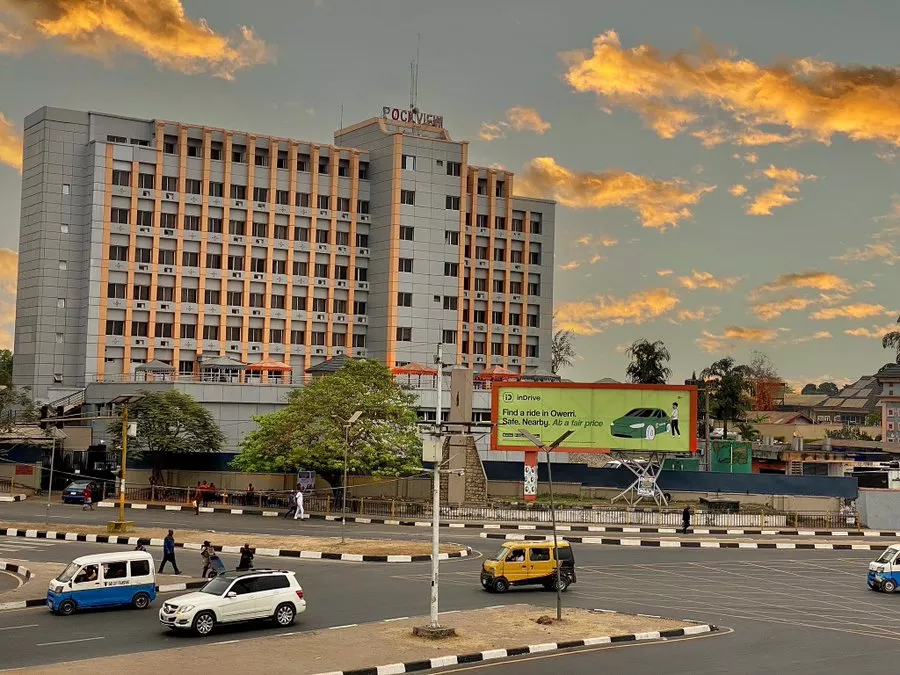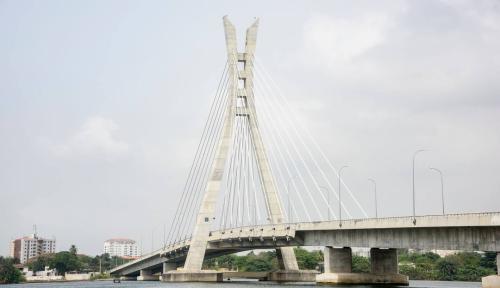With 36 states, Nigeria has Africa’s largest economy. Each state has a different level of economic development. Although oil plays a significant role in shaping state economies, diversification into sectors like finance, agriculture, entertainment, and technology has helped some states in Nigeria outperform others. Throughout this article, we will explore the top 5 richest states in Nigeria by GDP and the factors contributing to their wealth.
Top 5 Richest States in Nigeria by GDP
- Lagos State
- Rivers State
- Akwa Ibom State
- Imo State
- Delta State
1. Lagos State—Nigeria’s Economic Capital
GDP: ₦41.17 trillion (approx. $102 billion)
Lagos State stands unrivaled as the wealthiest and most economically dynamic state in Nigeria. In fact, that is why it is called the “Commercial Capital of Africa.” Lagos is home to:
- The Nigerian Stock Exchange
- Headquarters of numerous multinational corporations
- A booming tech ecosystem (Yabacon Valley)
- A vibrant entertainment industry (Nollywood, music)
Its economy is largely driven by finance, commerce, technology, real estate, and maritime trade, handling over 80% of Nigeria’s foreign trade through its ports in Apapa and Tin Can Island.
Key Economic Drivers:
- Financial services and banking
- ICT and startups
- Film, music, and fashion industries
- Real estate and tourism
With a growing population of over 20 million people and vast urban infrastructure, Lagos continues to attract investment and remains Nigeria’s most influential state economically.
2. Rivers State—Oil and Gas Powerhouse
GDP: ₦7.96 trillion (approx. $19.27 billion)
Rivers State, which is located in the oil-rich Niger Delta, is Nigeria’s oil and gas hub. The capital, Port Harcourt, is home to several multinational oil firms and major refineries.
Key Economic Activities:
- Crude oil exploration and refining
- Liquefied Natural Gas (LNG) production
- Agriculture (cassava, palm oil, fishery)
- Manufacturing and logistics
Despite its heavy reliance on oil revenue, Rivers State is diversifying into tourism, manufacturing, and agribusiness, thanks to recent government initiatives.
3. Akwa Ibom State—Rising Oil and Tourism Destination
GDP: ₦7.77 trillion (approx. $19.25 billion)
Akwa Ibom is a major contributor to Nigeria’s oil output and has grown steadily in economic stature. The state is home to a modern airport and major gas processing plants.
Key Economic Drivers:
- Crude oil and natural gas
- Agriculture (cassava, palm oil, fisheries)
- Tourism (Ibom Tropicana, coastal beaches)
- Industrialization and infrastructure development
With its beautiful coastline, hospitality development, and investment in cultural heritage, Akwa Ibom is tapping into tourism as a secondary revenue stream.
4. Imo State—Balanced Growth through Agriculture and Resources
GDP: ₦7.68 trillion (approx. $19.02 billion)
Imo State, located in southeastern Nigeria, has a thriving economy supported by oil, agriculture, and solid minerals. It is one of the fastest-growing economies in the region.

Key Contributors to GDP:
- Oil reserves and gas exploration
- Strong agricultural base (yams, cassava, palm oil)
- Mineral wealth (limestone, clay)
- Education and service sectors
The Imo State government is also focused on infrastructure, human capital development, and industrial clusters, aiming to reduce dependence on oil.
5. Delta State—Gateway of Oil and Agriculture
GDP: ₦6.19 trillion (approx. $15.33 billion)
Delta State is another top oil-producing state and plays a key role in Nigeria’s economy. It is strategically located along the River Niger, which supports fishing and transportation.
Economic Highlights:
- Oil and gas exports
- Agriculture (cassava, maize, rice)
- Mineral resources (kaolin, silica, limestone)
- Riverine trade and fishing industries
Delta State has also made strides in youth empowerment, education, and public-private partnerships to enhance economic development.
Final Thoughts
These top five richest states in Nigeria not only highlight the dominance of oil-rich regions but also showcase how economic diversification, urban development, and strategic investment contribute to the wealth of a state. As Nigeria seeks to reduce dependency on oil, states like Lagos are setting the pace for innovation-led growth, while others are expanding into sectors like agriculture, tourism, and manufacturing.






